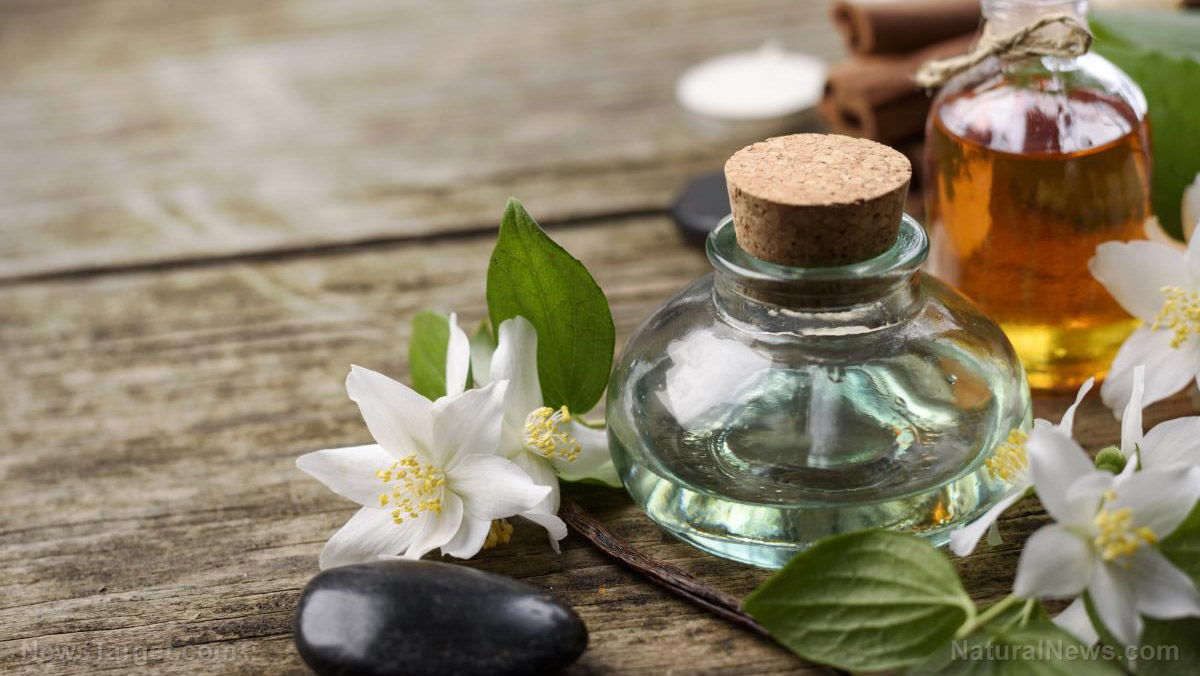From vitamin D to eating the right foods: Here are some natural ways to treat rheumatoid arthritis

(Natural News) Rheumatoid arthritis is a chronic inflammatory disorder that primarily affects the joints. In some cases, the condition can also affect organs of the body such as the heart, lungs and eyes.
The specific cause of rheumatoid arthritis is unknown. And as a result, there is no cure for the disease. There are treatment options but they involve risky surgeries and medications that are linked with unwanted side effects.
But there are natural ways of managing symptoms and keeping the disease under control.
Nutrients and herbs to combat rheumatoid arthritis
The following nutrients and herbs are found to be beneficial for people with rheumatoid arthritis:
1. Vitamin D3
Vitamin D3 plays a protective role against inflammation and its symptoms. In one study, arthritic patients combined vitamin D3 with anti-rheumatic drug therapy. After three months on the combined therapy, the patients experienced higher pain relief compared to a control group.
Further research also shows that vitamin D3 helps minimize the symptoms of rheumatoid arthritis by regulating regulatory T cells. This type of cells is typically overactive in autoimmune diseases. Vitamin D3 helps balance levels of helpful regulatory T cells and improve the body’s immune responses.
2. EPA and DHA
EPA (eicosapentaenoic acid) and DHA (docosahexaenoic acid) are omega-3 fatty acids that are found in fish and krill oils. Research shows that combining the two nutrients can reduce symptoms and fight inflammation that could lead to rheumatoid arthritis. In one study, over 50 percent of rheumatoid patients experienced reduced pain after taking both nutrients for three months.
3. Turmeric
Turmeric is a powerful superfood that is linked to a variety of health benefits. It has anti-inflammatory effects that inhibit the release of certain pro-inflammatory enzymes such as cyclooxygenase or Cox-2. This particular enzyme is involved in the production of prostaglandin, a hormone that plays a role in inflammation and causes pain and swelling.
Medications for rheumatoid arthritis usually target Cox-2. Turmeric, on the other hand, can also halt Cox-2 expression without the adverse side effects of these drugs. Studies also show turmeric can arrest degenerative changes in the bones and joints as well as reduce pain.
4. Boswellia
Boswellia is an herbal extract taken from the Boswellia serrata tree. It is also known as Indian frankincense and has medicinal uses dating back centuries among Asian and African folk groups. It is used to treat chronic inflammatory diseases given its anti-inflammatory and analgesic effects. Research also suggests that the herbal extract can interfere in the autoimmune process, which would make it an effective therapy for rheumatoid arthritis. (Related: Boswellia extract exhibits profound healing and anti-inflammatory properties.)
5. Feverfew
Feverfew, also known as featherfew and wild chamomile, is a plant that belongs to the sunflower family. It was traditionally used as an herbal remedy in European folk medicine for treating a variety of conditions such as psoriasis. Nowadays, it is commonly used for migraines.
Test-tube research also shows that feverfew helps fight inflammation linked to rheumatoid arthritis. Its anti-inflammatory effect may be due to a compound called parthenolide, which helps reduce inflammation, soothe muscle spasms and prevent the constriction of blood vessels in the brain.
Diet also key to fighting rheumatoid arthritis
A person’s diet plays an important role in any disease outcomes.
When consumed along with the above-mentioned natural remedies, certain foods can have therapeutic effects that help reduce inflammation. Other foods and dietary practices, however, can be bad for people with rheumatoid arthritis. Here are some tips for a better diet:
- Choose pesticide and GMO-free foods.
- Eliminate processed and packaged foods, particularly those containing preservatives and unhealthy sugars.
- Look out food allergies.
- Consult a healthcare practitioner for allergy testing and for dietary recommendations.
While there is no cure for rheumatoid arthritis, there are natural ways to keep the condition at bay. Start incorporating more of the above-mentioned herbs and nutrients to your diet.
Learn more about the best foods for treating rheumatoid arthritis at Superfoods.news.
Sources include:



